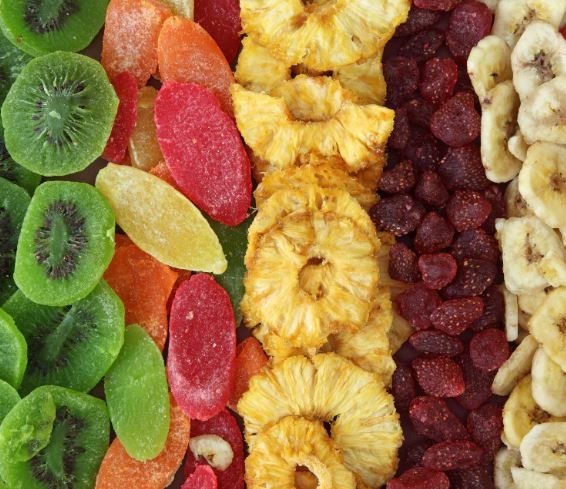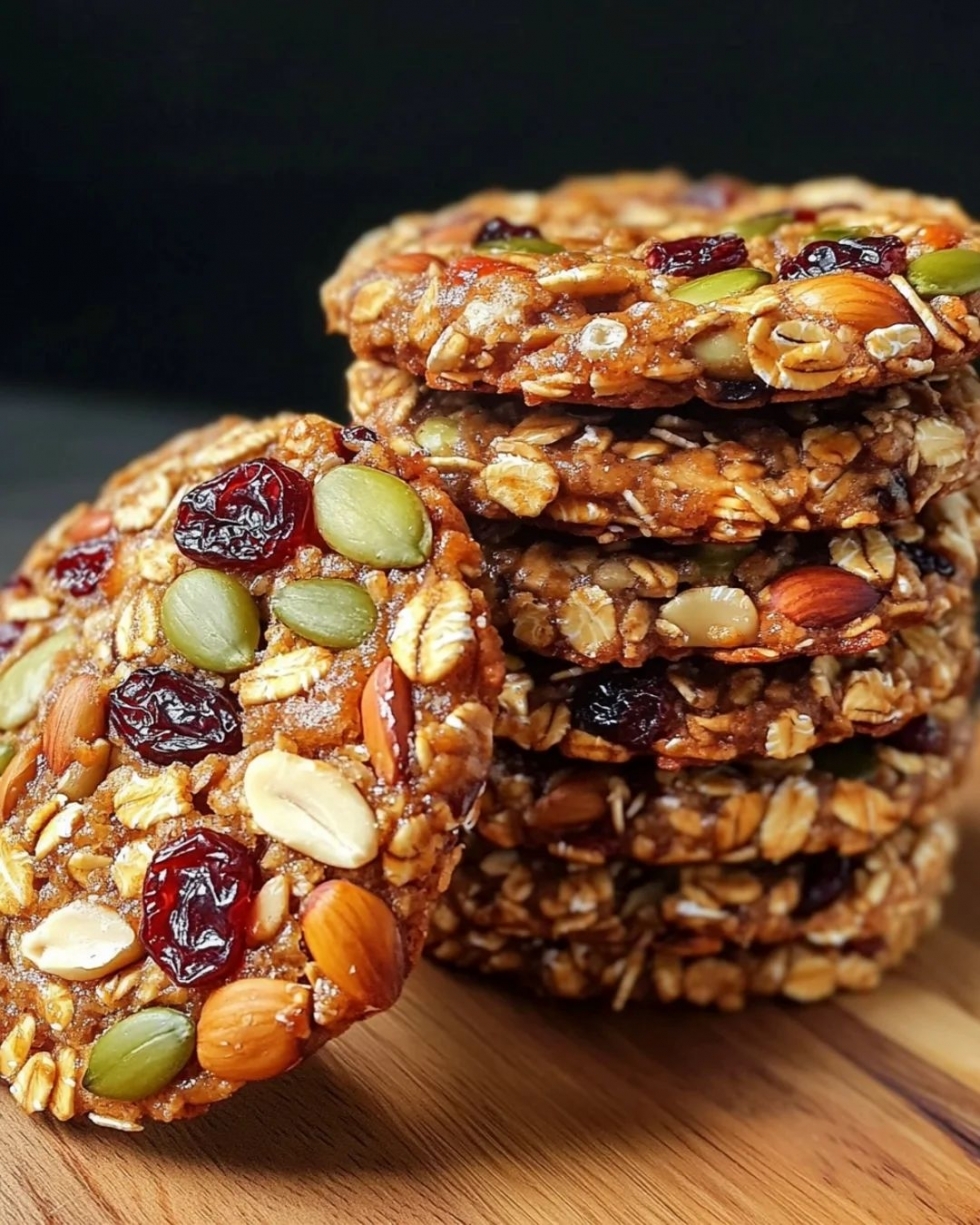
As the holy month of Ramadan approaches, Muslims around the world prepare to welcome a time of fasting, worship, and spiritual reflection. During this period, eating habits often change, making it even more important to focus on maintaining a healthy and balanced diet throughout the fasting hours. With long periods of fasting, choosing the right foods becomes essential to sustaining energy and vitality. This is where dry fruits for Ramadan, along with dates and nuts, stand out as nutrient-rich options that are perfect for both Iftar and Suhoor meals.
Dates are among the most popular Ramadan dried fruits, as they are a staple on almost every Iftar table. They are often accompanied by a variety of other Ramadan dry fruits and nuts such as dried apricots, figs, raisins, and prunes, which are enjoyed at Iftar, during Ramadan gatherings, or even as part of Suhoor.
Incorporating Ramadan dried fruit into your daily meals can be a healthier alternative to traditional sugary Ramadan desserts. These nutrient-dense options are a natural source of energy and are rich in fiber, vitamins, and minerals that support digestion, promote satiety, and help maintain balance in the body during fasting. Adding Ramadan dry fruits to your Iftar or Suhoor meals can help provide essential nutrients needed to stay energized between fasting hours.
By including healthy dry fruits in your Ramadan diet—whether at Iftar or Suhoor—you can support your overall well-being, maintain a healthy lifestyle, and enjoy the holy month with renewed energy and balance.
Follow more tips and advice for brides during Ramadan here!
What You Need to Know About Ramadan Dried Fruit
Dried fruits are a delicious and healthy alternative to sugary desserts during Ramadan and throughout the year.
However, keep in mind that not all Ramadan dried fruit offers the same benefits. Some varieties contain added sugars, making them more similar to candy and less healthy than naturally dried fruits.
Some dried fruits that are considered less healthy due to their high added sugar content include pineapple, watermelon, banana, and cranberries.
The best Ramadan fruit we recommend consuming are mango, apple, apricot, fig, papaya, cherries, raisins, and prunes, as they are highly beneficial and do not contain large amounts of added sugar.
Note: Always check the ingredients and sugar content of dried fruits before purchasing them.
Health Benefits of Dried Fruits
- Nutrient-rich Powerhouses: Ramadan dried fruits, such as dates, figs, apricots, and raisins, are packed with essential vitamins, minerals, and fiber. These nutritional powerhouses offer a convenient and natural source of energy, making them ideal for replenishing your body after a day of fasting. Dates, in particular, are revered for their high levels of potassium, magnesium, and fiber, which aid in maintaining electrolyte balance, supporting muscle function, and promoting digestive health.
- Satisfying Sweet Cravings: During Ramadan, sweet cravings often intensify, especially after a long day of fasting. Instead of reaching for sugary snacks laden with refined sugars, opt for dried fruits as a healthier alternative.
- Versatile Culinary Ingredients: Dry fruits for Ramadan are incredibly versatile and can elevate the flavor profile of both sweet and savory dishes. Incorporate chopped dates or figs into oatmeal or yogurt for a wholesome suhoor option that will keep you feeling full and energized throughout the day.
- Enhanced Digestive Health: Rich in dietary fiber, dried fruits play a vital role in promoting digestive health and preventing constipation—a common concern during Ramadan. Fiber aids in regulating bowel movements, promoting satiety, and supporting overall gut health.
The Benefits of Dates in Ramadan for Your Beauty
Dates, one of the most popular types of Ramadan dried fruits, have been known for centuries for their many health benefits. Following the Sunnah of the Prophet Muhammad (peace be upon him), Muslims are encouraged to break their fast with a date after a long day of fasting during the holy month of Ramadan.
Dates offer numerous benefits, especially for women, as they are ideal for maintaining healthy skin, hair, and nails. They are rich in natural sugars, carbohydrates, dietary fiber, vitamins B1, B2, B3, B5, C, and A, as well as potassium and magnesium. This makes them one of the best foods to consume after fasting for long hours, helping to restore the body’s energy levels healthily and reducing fatigue, headaches, and low blood sugar.
You can also use dates to help fight signs of aging by applying them as a paste on your face and benefiting from their beauty-boosting properties during Ramadan.
Maintain Your Health by Eating Dates
Although dates are naturally sweet, they can help you maintain your weight during Ramadan by promoting a feeling of fullness. You can enjoy dates as a healthy snack instead of sugary desserts. Try pairing them with almonds for a more satisfying option. To avoid overeating at Iftar, start your meal with 3 dates and a cup of yogurt. Every 100 grams of dates contains approximately 280 calories.
Date Face Mask
Dates contain Vitamin B5, which helps strengthen hair and combat hair loss, as well as prevent signs of skin dryness and cracking.
They also help fight signs of skin aging, which is why we recommend using them as a face mask during Ramadan.
Ingredients:
8 to 9 dates
Half an orange or lemon
How to Prepare the Date Mask:
- Remove the pits from the dates while keeping the skin intact, then blend all the ingredients to form a paste.
- Apply the mixture to your clean face, gently massage with your fingertips, and leave it on for 10 minutes.
- Rinse your face with warm water and pat dry for radiant, glowing skin.
Easy Ideas and Recipes to Use Dried Fruits
- Stuffed Dates with Nuts: Simple nuts such as walnuts, almonds, or pistachios, with a touch of honey and cinnamon.
- Dried Fruit Salad for Suhoor: Mix raisins, dried figs, and dried apricots with yogurt, honey, and lemon.
- Healthy Date Cookies: Blend dates with oats and nuts to make quick and nutritious cookies.
- Dried Fruit Tea: Boil dried apricots and raisins with herbs such as mint and cardamom for a warm, nourishing drink.
Meet Yasmine, Your AI Wedding Assistant
Get instant answers to all your wedding planning questions. From venues to vendors, Yasmine is here to help!
Frequently Asked Questions
Can't find the answer you're looking for? Feel free to contact us.
Are dried fruits beneficial for those who are fasting?
Yes, dry fruits for Ramadan can be a beneficial option for those who are fasting when consumed in moderation. They are rich in fiber, which helps improve digestion and reduce bloating, and they also provide the body with natural energy after long hours of fasting. In addition, they contain important minerals such as potassium and magnesium, which help replenish nutrients lost during fasting.
What is the best way to eat dried fruits at Suhoor?
Yes, dried fruits are a beneficial option for those who are fasting when consumed in moderation. They are rich in fiber, which helps improve digestion and reduce bloating, while also providing the body with natural energy after long hours of fasting. In addition, they contain essential minerals such as potassium and magnesium, which help replenish nutrients lost during fasting.
Do dried fruits affect weight during Ramadan?
The best way to consume dried fruits is by combining them with sources of protein or healthy fats, such as yogurt, nuts, or oats. This combination helps slow down sugar absorption in the body and promotes a longer feeling of fullness during fasting hours. It is also recommended to soak certain types of dried fruits, such as dates or dried apricots, in water before eating them to make them easier to digest.




















